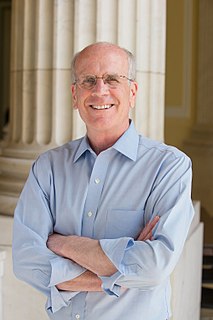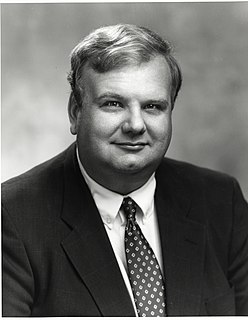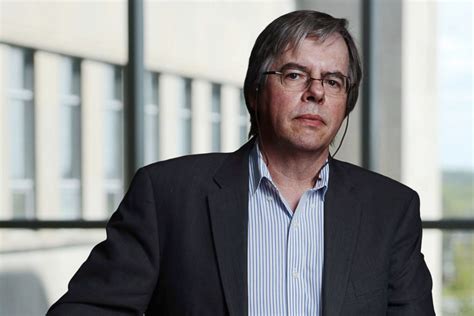A Quote by Deb Haaland
Over-dependence on finite resources, like oil, ignores the ability of our great minds to develop alternative energy for the masses, and in doing so ignores climate change and sets up our students and workforce for failure by not educating them about the needs of our future.
Related Quotes
People of conscience in our leadership in Washington have been scared off by the right and the fossil fuel lobbies. They won't even use the term "sustainability" or "climate change" in an energy bill, which is ludicrous on its face. It completely ignores the elephant in the room that we're all dealing with. The average American doesn't even believe climate change is real, they think it's all a hoax.
The fatalism of the limits-to-growth alternative is reasonable only if one ignores all the resources beyond our atmosphere, resources thousands of times greater than we could ever obtain from our beleaguered Earth. As expressed very beautifully in the language of House Concurrent Resolution 451, 'This tiny Earth is not humanity's prison, is not a closed and dwindling resource, but is in fact only part of a vast system rich in opportunities...'
The truth is that we won’t receive the support we need until we ask for it. Just because we can do it all doesn’t mean we should. And when we don’t speak up about our needs, we’re asking our loved ones to read our minds—and then we resent them when they fail our test. By not being open and honest about the support we need, we’re selling ourselves short and setting our relationships up for failure.
The Bush Administration believes the Kyoto protocol could damage our collective prosperity, and in so doing, actually put our long-term environmental health at risk. Fundamentally, we believe that the protocol both will fail to significantly reduce the long-term risks posed by climate change and, in the short run, will seriously impede our ability to meet our energy needs and economic growth.
When the President is making it harder to mine coal, to use coal, to take advantage of our gas resources, to make it harder to get our oil resources - all those things combine to make our cost of energy higher than it needs to be, and it drives away enterprises from this country. It sends it to places that have lower-cost energy.
In the near term, oil is galloping ahead and leading our economy. We have to corral the "horse" and gradually reduce our dependence on oil and coal, in their present forms. Green-energy investment is inherently high-tech, and we could lead in the next-generation energy technologies, as we did and do now with oil and gas. All it takes is leadership!
There is also a great deal of behind-the-scenes pressure from political funders too. And by funders I don't just mean the fossil fuel industry. Many of those exerting pressure on our society to ignore climate change, oppose climate change legislation, and shut down efforts to develop a clean energy economy are doing so out of ideology, not just economics. In the simplest terms, many large industries don't want the government telling them what to do with their businesses and they don't want any restrictions on what they can and cannot do, which includes polluting our shared environment.

































